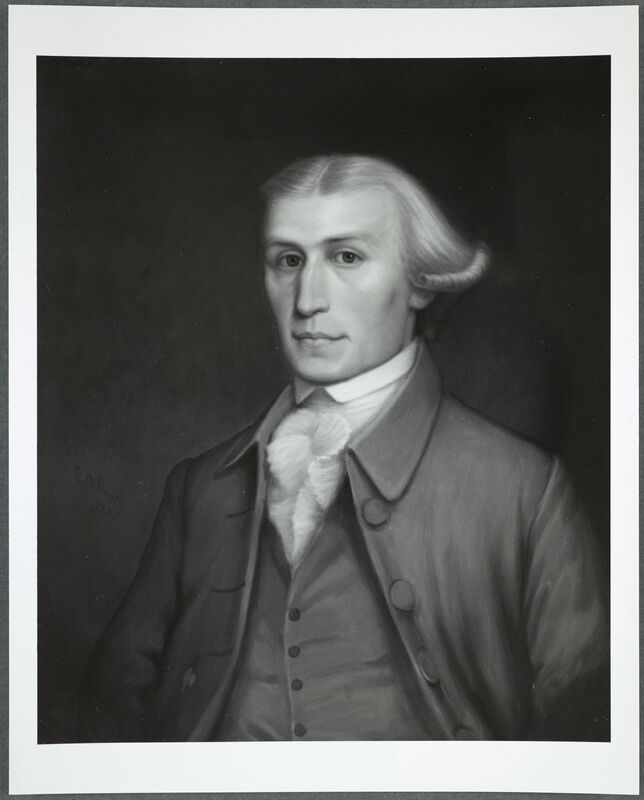-

Not one to take a minor setback lying down, John Wheelock appealed to the Republican Party to help him retain his position as president of the College. The newly elected governor of New Hampshire, William Plumer, was more than happy to oblige since the Board was made up primarily of staunch Federalists. This article transcribes the act passed by Plumer, which increased the size of the Board and thus the State’s control of the College and changed its name to Dartmouth University. Francis Brown, Class of 1805, a minister from Yarmouth, Maine, became the third president of Dartmouth College when the Trustees asked him to take on the position following their 8-2 vote to remove John Wheelock from office. Brown was instrumental in getting Daniel Webster to take on the case for the College.
-
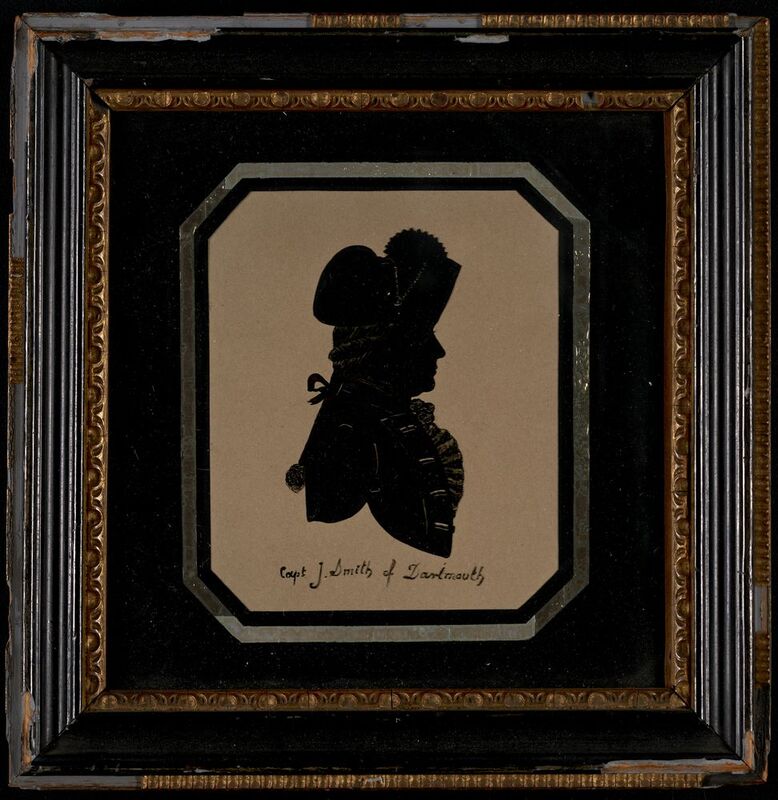
Portrait of Francis Brown
-
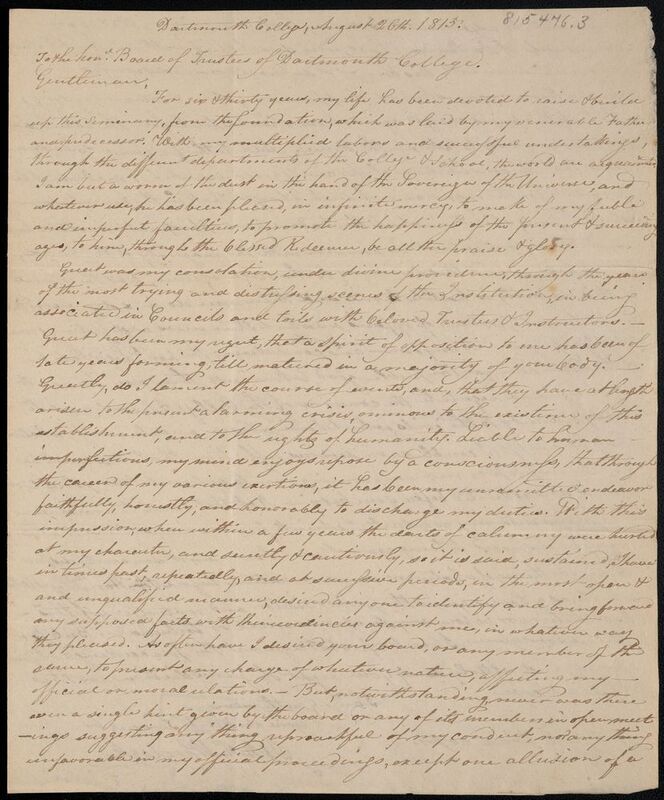
A Second draft of the letter John wrote to the Trustees claiming that they could not put him on trial or remove him from office.
-
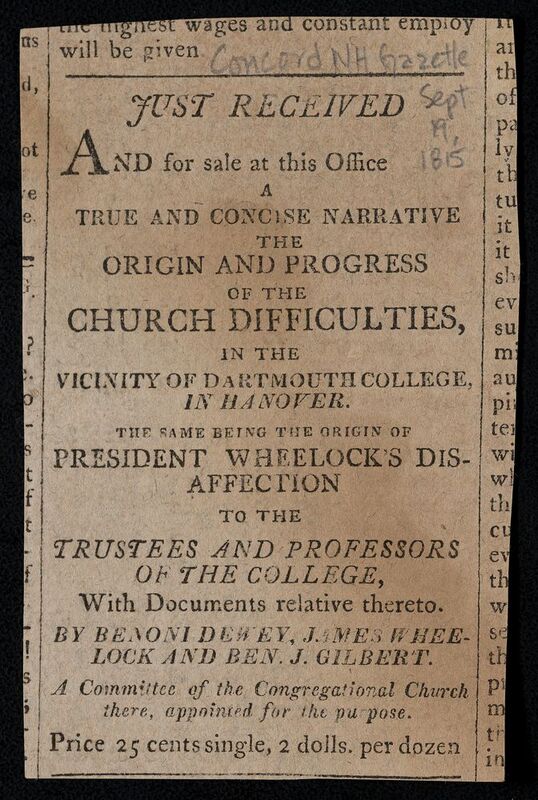
News clippings from the Concord Gazette, the New Hampshire Sentinel and the Dartmouth Oracle showing how widely publicized the rift between the Board and the president became.
-
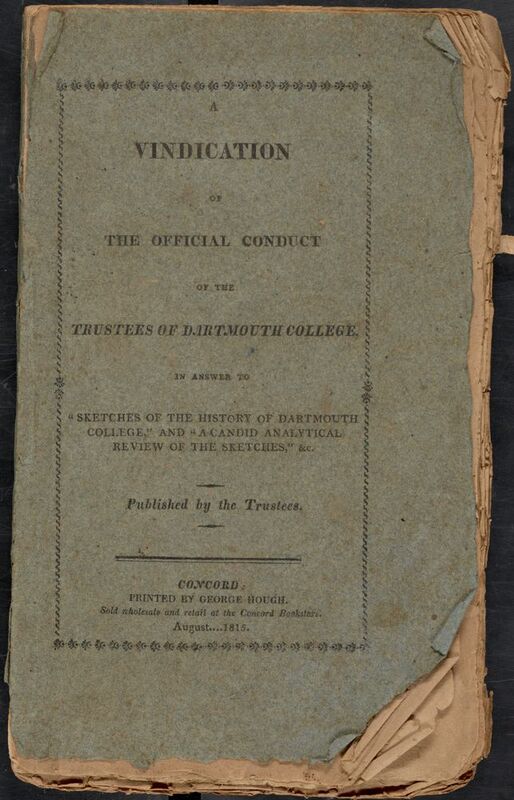
The Trustees’ answer to John Wheelock’s accusations made in the Sketches. Pamphlet wars like this were a common occurrence in the 18th and 19th centuries. They were used similarly to how Twitter is used today, but with no word limit! In fact, these two pamphlets spawned a number of other responses in pamphlet form from supporters of both parties.
-
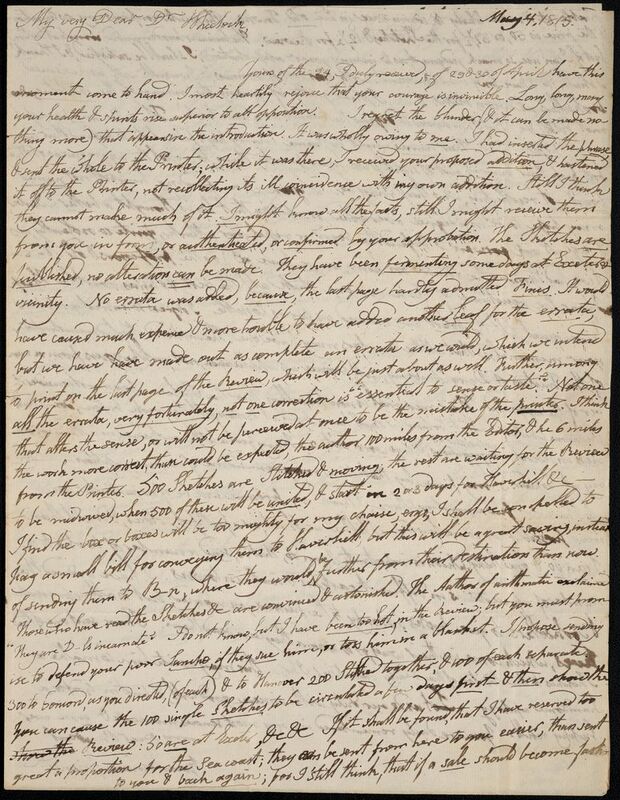
Parish writes to Wheelock saying that the Sketches are published, but he is worried that they are “too hot.” This is one of several letters that prove that the Sketches were written by Wheelock in consultation with Parish, a man who Wheelock put forward for a professorship, but the Trustees declined to hire.
-
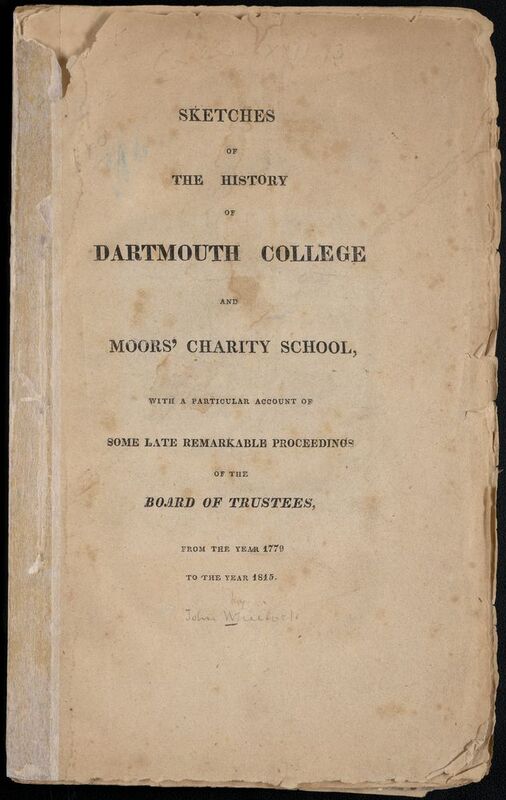
The “Anonymously” published pamphlet, later attributed to John Wheelock, that set out claims against the Trustees of the College, include charging them with misappropriation of funds and of being a threat to the government and democracy.
-
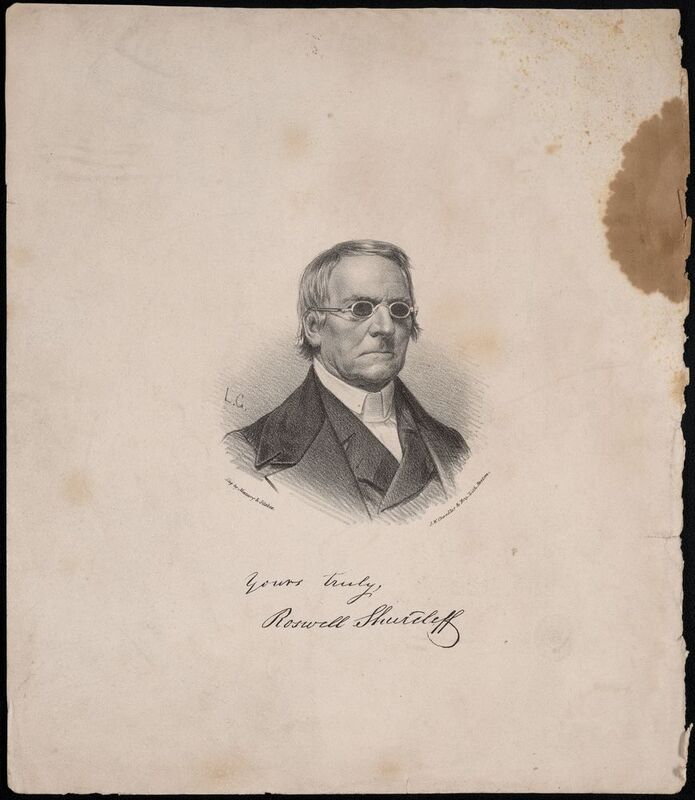
Professor Shurtleff’s “religious fervor” was what initially caused a split in the congregation, many of whom preferred him over the stuffier Professor Smith. This in turn led John Wheelock to advocate against him, ending in a rift with the Board.
-
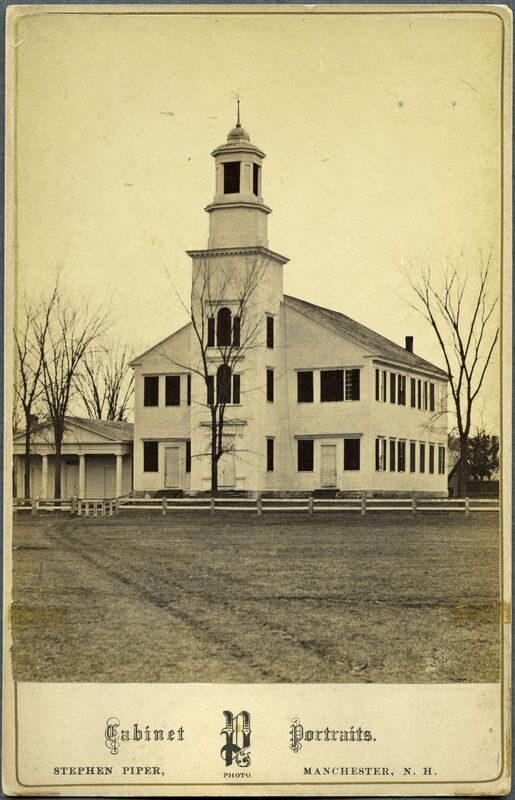
It was a dispute over who would preside as minister of the Old White Church that precipitated the quarrel between John Wheelock and the Board of Trustees. The problems began in 1804 when a majority of the local church members wanted to replace John Smith, a staunch supporter of John Wheelock, with the new Professor of Theology, Roswell Shurtleff, as their pastor. The Board tried to appease both sides, but in 1811, Wheelock charged the Board with misappropriating funds by allowing Professor Shurtleff to spend time preaching at the local church.
-
